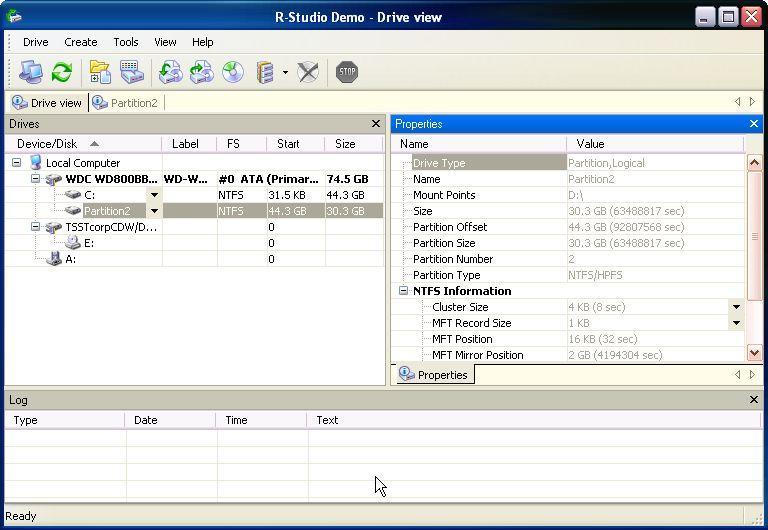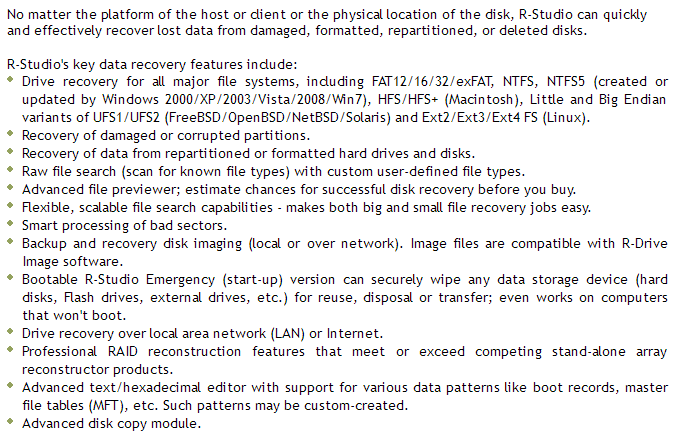

These tracks are not meant to be exhaustive, but instead are designed to help you become productive in the minimum amount of time, based on your experience level. We have created three tracks to help learners navigate the R ecosystem. Yet, when RStudio asks students about their biggest challenges in learning R, respondents overwhelmingly answer that survey question with another question: where should they begin? Whether you are just beginning R or have many years of data science experience, R offers a plethora of choice. Getting Started with Rstudio Skills you'll gain: Business Analysis, Computer Programming, Data Visualization, Data Visualization Software, R Programming, Statistical Programming 4. However, after more than 25 years of development, the R ecosystem can seem overwhelming to newcomers. All these features help you think about problems as a data scientist, while supporting fluent interaction between your brain and the computer. R is not just a programming language, but it is also an interactive ecosystem including a runtime, libraries, development environments, and extensions. The demand for skilled data science practitioners is rapidly growing, and this series prepares you to tackle real-world data analysis challenges.We think R is a great place to start your data science journey because it is an environment designed for data science. We help you develop a skill set that includes R programming, data wrangling with dplyr, data visualization with ggplot2, file organization with UNIX/Linux, version control with git and GitHub, and reproducible document preparation with RStudio.

Rather than covering every R skill you might need, you’ll build a strong foundation to prepare you for the more in-depth courses later in the series, where we cover concepts like probability, inference, regression, and machine learning.

You’ll learn how to apply general programming features like “if-else,” and “for loop” commands, and how to wrangle, analyze and visualize data. We’ll cover R's functions and data types, then tackle how to operate on vectors and when to use advanced functions like sorting. You will learn the R skills needed to answer essential questions about differences in crime across the different states. You can better retain R when you learn it to solve a specific problem, so you’ll use a real-world dataset about crime in the United States. The first in our Professional Certificate Program in Data Science, this course will introduce you to the basics of R programming.


 0 kommentar(er)
0 kommentar(er)
